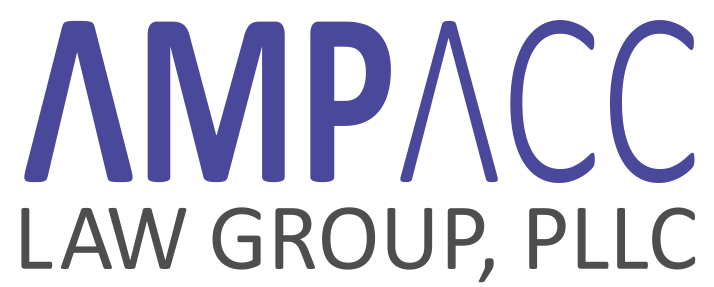Part 2 of our discussion of the Lexmark case focuses on the ability to contract around the doctrine of patent exhaustion. Current law prevents a patent holder from suing a customer for using a product that the patent holder sold to the customer. However, a patent holder may generally limit the customer’s right to use that product through contract. In Lexmark the Federal Circuit is considering whether or not it should change this rule and prohibit patent holders from imposing restrictions on use after an authorized sale.
On April 14, 2015, the Federal Circuit issued a sua sponte order to hear Lexmark Int’l, Inc. v. Impression Prods., Inc. en banc. No. 2014-1617, -1619 (Apr. 14, 2015). As we discussed in our previous post, the Federal Circuit will reconsider whether to expand the doctrine of patent exhaustion to international sales. In addition, the Federal Circuit will reconsider another significant patent exhaustion issue: whether a patentee can limit the doctrine of patent exhaustion by restricting future sales of a product through contract.
To this end, the Federal Circuit has announced that it will consider whether to overrule Mallinckrodt Inc. v. Medipart Inc., 976 F.2d 700 (Fed. Cir. 1992) in light of Quanta Computer Inc v. LG Electronics Inc, 553 U.S. 617 (2008).
The Lexmark case arose out of unauthorized sales of printer cartridges. Lexmark is a designer and manufacturer of printer cartridges, and holds several patents related to printer cartridges. It sells some of its cartridges under a “Return Program,” where purchasers contractually agree to return purchased cartridges after the cartridges run out of ink. Lexmark installs computer chips in its Return Program cartridges to enforce the single use restriction. However, foreign companies have circumvented the computer chip restriction, and have been caught reselling the Return Program cartridges for use in Lexmark printers.
Lexmark sued these resellers of Return Program cartridges for patent infringement. Impression Products argues that the doctrine of patent exhaustion applies to the Return Program cartridges. Lexmark counters that the Federal Circuit’s Mallinckrodt decision renders the contract under the Return Program enforceable.
In Mallinckrodt, the Federal Circuit held that patentees could contractually restrict the disposition of patented goods as long as the restriction did not offend antitrust principles. Under Mallinckrodt, patentees like Lexmark can limit the reach of patent exhaustion through contract law.
However, the lower court in Lexmark held that the Mallinckrodt rule was overruled by the Supreme Court’s 2008 decision in Quanta. In Quanta, patentee LGE licensed method patents to Intel. The license agreement stipulated that no third party could practice the patented methods under the terms of the agreement. However, the agreement also stated: “nothing herein shall in any way limit or alter the effect of patent exhaustion that would otherwise apply when a party hereto sells any of its Licensed Products.” Third-party Quanta purchased Intel products and combined Intel’s products with other products in such a way that practiced LGE’s patents.
The Supreme Court in Quanta held that LGE could not enforce its method patents against Quanta, due to the doctrine of patent exhaustion. By authorizing Intel to practice and sell its patents, LGE lost its right to enforce those licensed patents against purchasers of Intel’s products.
Unlike the licensing agreement at issue in the Lexmark case, however, the license agreement at issue in Quanta authorized Intel to sell products that practiced the patents. In contrast, Lexmark provided its Return Program cartridges to customers under the condition that the customers would not be authorized to resell the cartridges.
Thus, an open question remains regarding whether Quanta permits any contractual limits to the doctrine of patent exhaustion.
If the Federal Circuit agrees with the district court and overrules Mallnickrodt, patentees will face significant obstacles to enforce use restrictions on downstream possessors of patented articles. This may impact software manufacturers that rely on click-wrap agreements to prevent customers from redistributing patented methods. Such a decision would also empower resellers to be able to resell patented articles without potential restrictions on the patented articles imposed by the patentee.
